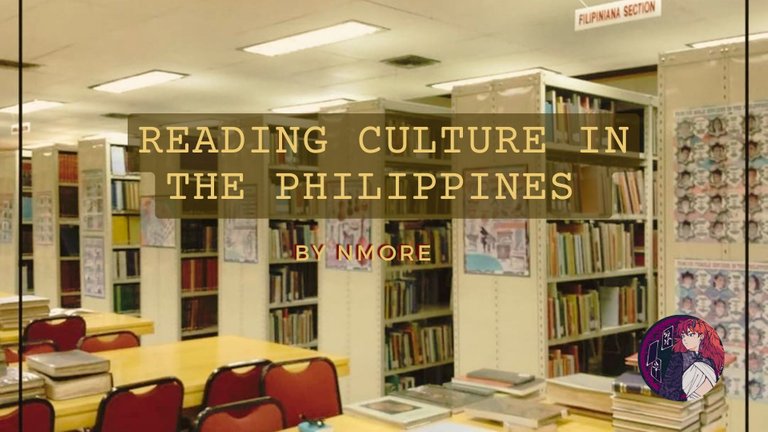
The Philippines is a country rich in culture and traditions, and its reading culture is no different. Even in the face of poverty and development challenges, our schools still try to prioritize literature and reading comprehension starting at a young age, highlighting the important role that reading plays in our society.
So what is the reading culture like in the Philippines?
In the past.
I personally enjoy reading a lot. I read materials from books, articles, magazines, newspapers, e-books, comics, and manga. Of course, as a kid, I only read things that piqued my interest. Even though my school occasionally mandatorily made me read articles, magazines, and newspapers, I am grateful that I was given the opportunity to be exposed to different reading materials.
When I was in elementary school through high school, my school required us to participate in SRA, and the Language subject would set aside time for this exercise at least once a month.
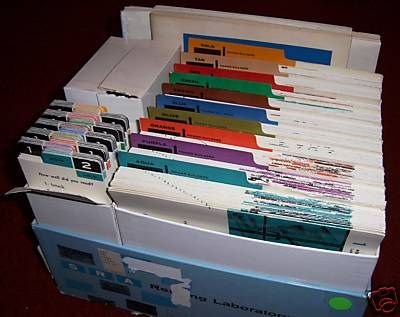
SRA Reading Box
SRA Reading Labs is a product of Mcgrawhill-education. It is a tool used to help students improve their reading skills. It's a set with short reading stories or articles that become progressively difficult as you go through it. After reading a story/article, you answer questions based on what you just read to check your understanding.
I could say that this activity also developed my reading habits and comprehension when I was younger. Although, I am unsure if they still use this nowadays. However, I noticed that schools now are using learning management content systems with interactives and reading content to appeal to the new generation.
Now back to the present.
According to Country Meters, 96.29% of the adult population (aged 15 years and above) in the Philippines are able to read and write. Since reading is also encouraged early on, with schools requiring children to learn how to read and write as early as kindergarten.
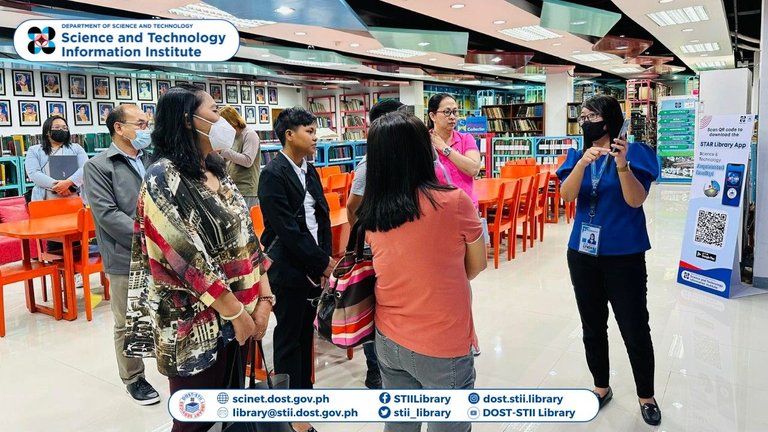
DOST Library I visited this place back in 2014
However, while many Filipinos value reading, there are still some hindrances for the country's reading culture to reach its full potential. One of the major obstacles is access to books. Many Filipinos especially those in the poverty lines do not have access to bookstores and public libraries. Fortunately for me, I managed to visit one public library in the Philippines back in 2014 to research feasibility studies.
Another issue is that Filipino literature is not given the recognition it deserves. Western literature is more prevalent and popular, which results in Filipino authors being overlooked. The challenge is to promote Filipino literature to the masses and encourage more people to read them. Following this thought, I recall that I've only read a few Filipino literature books from Rizal and GAPO and Dekada 70' by Lualhati Bautista.
Despite these challenges, Filipinos' love for reading persists. They are very vocal about their love for books through social media platforms, where they can share their thoughts and recommendations. There are also various book clubs, book swaps, book fairs, and book events that take place throughout the country.
Speaking of book fairs and events. These are also significant parts of our country's reading culture. These events help in promoting literacy and engaging readers with a variety of books. Here are some examples of book events in the Philippines:
Big Bad Wolf Book Sale
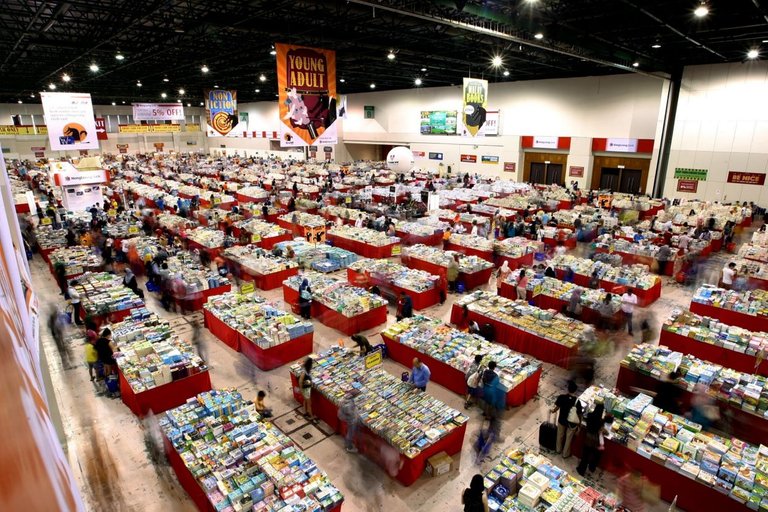
Big Bad Wolf Book Sale
Schedule: June 24 - July 3, 2023, 10 AM - 1 AM Free Admission PICC
This is an international book fair that provides high-quality books at affordable prices. This event is held annually in the Philippines and offers discounts of up to 90% on books. The Big Bad Wolf Book Sale is a popular event that energizes the reading culture by promoting affordable books to readers.
Manila International Book Fair
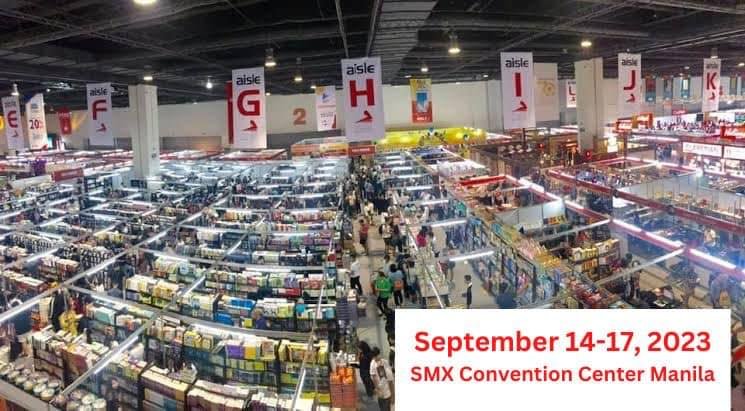
Manila International Book Fair
Schedule: September 14-17, 2023. SMX Convention Center Manila, Philippines
This is an annual event that showcases books and reading materials from different publishers. This event provides an opportunity for readers to engage with publishers, attend book launches, and author's talks. The event helps in promoting local authors and their works.
Aklatan: All-Filipino Book Fair
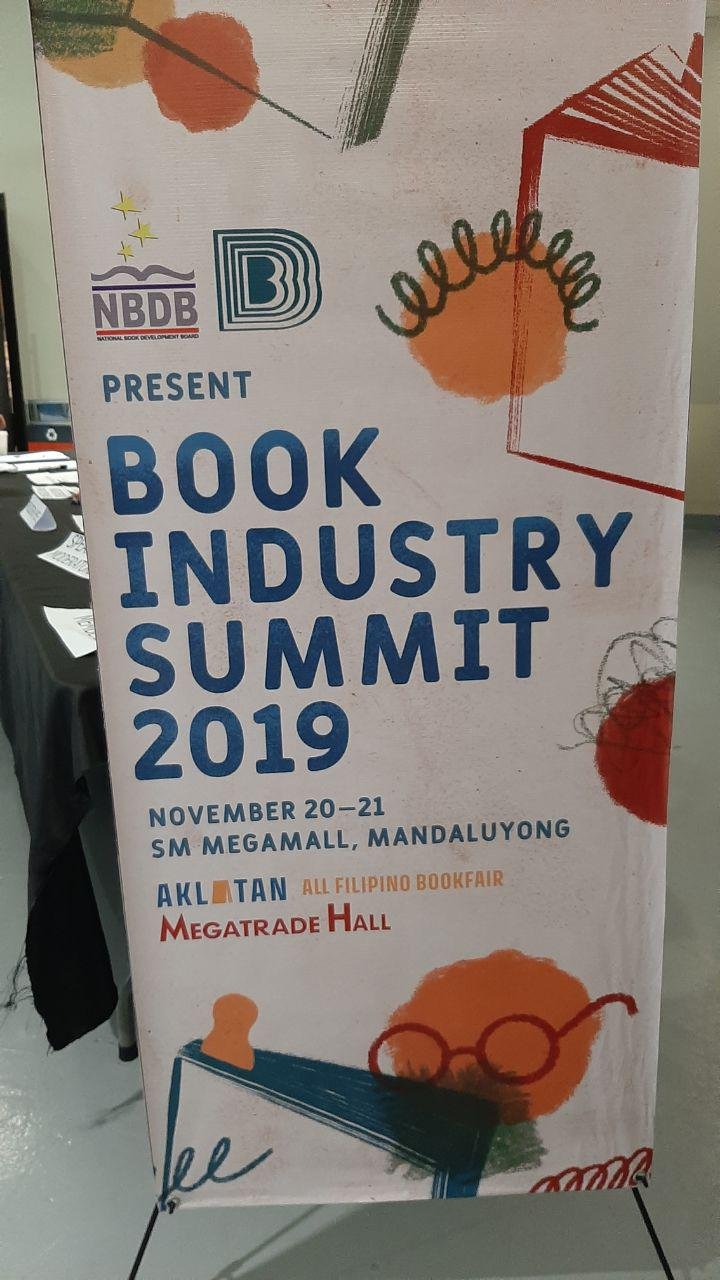 | 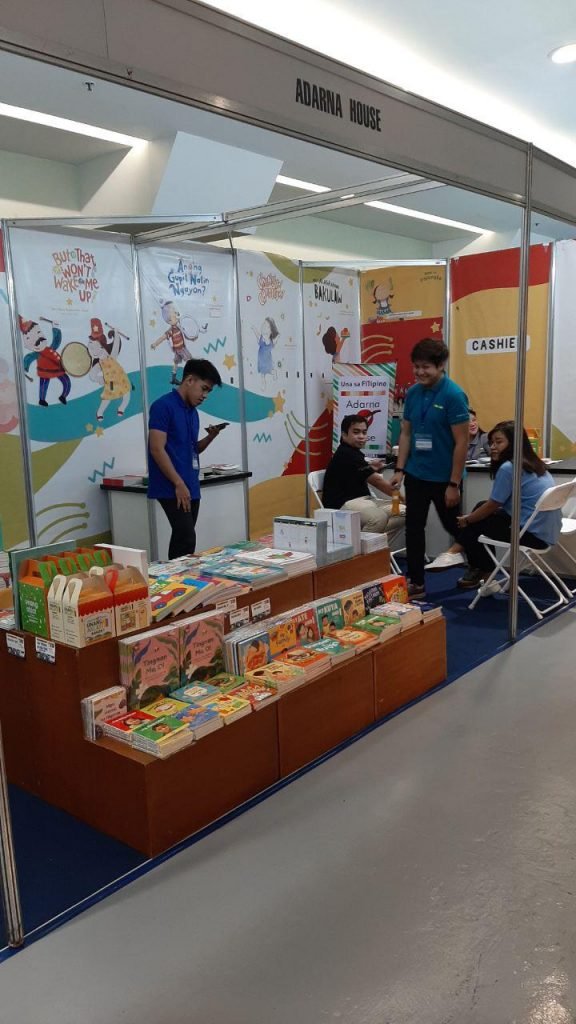 | 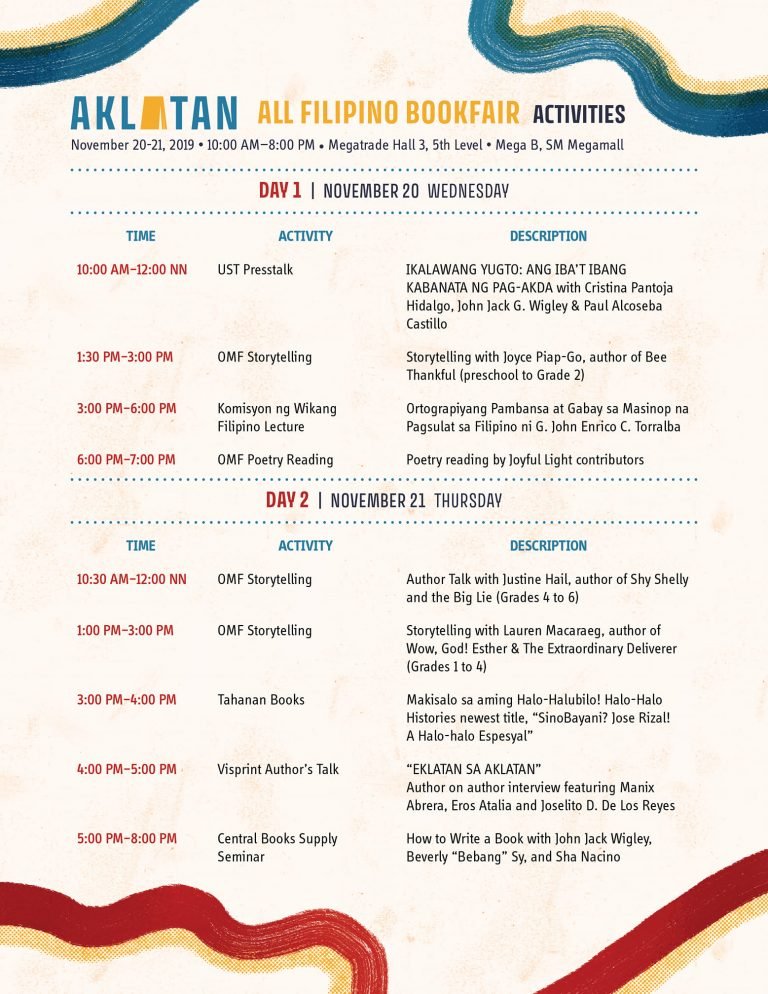 |
|---|
Aklatan: All-Filipino Book Fair
Schedule: None as of May 2023. The last event was held online from September 22 to 23, 2022
This event promotes Philippine literature and writers. This book fair was first started in 2017 and has grown into a popular event among book lovers. Aklatan essentially promotes local literature, diversity, and Filipino authors. However, due to the pandemic, they adapted to online selling with Shoppee as their partner. Hopefully, they schedule a face-to-face event soon.
Adarna House Writers Workshop
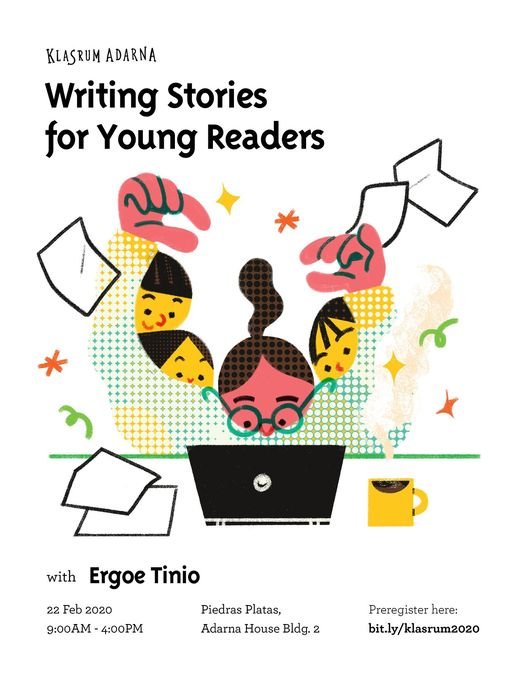
Ardarna House Writers Workshop
Schedule: None as of May 2023. The last event was held online last February 2020
Adarna House is a well-known publishing company in the Philippines famous for local children's books. The Adarna House Writers Workshop is an event that helps aspiring authors write and publish children's books. This event provides a platform for aspiring writers to turn their passion for writing into a successful career.
These book fairs and events are just a few examples of how the Philippines' reading culture is supported and celebrated. By creating opportunities for Filipinos to read, discover new books and authors, and engage with others who share their love of reading, these events contribute to a more literate and cultured society.
The Philippine reading culture is a complex yet vibrant aspect of our society. While there are challenges to overcome, the country's love for reading and books is undeniable.
A number of book fairs and events are put together as time goes by. And with each year, participants increase in numbers. Despite challenges such as poverty, access to books, and Filipino Literature not being given the recognition it deserves, our country has been progressing in promoting literacy and encouraging the public to appreciate Filipino literature with the support of the government, non-governmental organizations, and the private sector. I truly hope our reading culture will continue to flourish and inspire generations to come.
This is my official entry for HiveBookClub's Community Contest 9: What is the reading culture like in your country?
I would like to challenge @cthings as she is a friend who teaches literature and is probably more aware of our country's reading culture.
Banner created on Canva.
Background photo from The Book Stop Project.
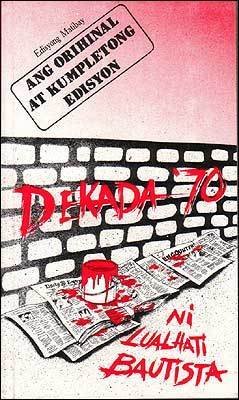
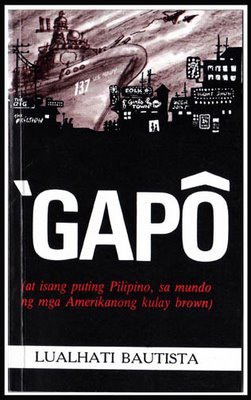
Bookfairs are something that we enjoy back then. Even though di naman kami nabili ng madami na libro kasi yung interest books ko ay di ganun kadali hanapin sa bookfairs okay nadin.
Out of the three siguro mas goods for me yung Aklatan, kasi they have programs. We are able to attend the story-telling program bago magpandemic and it was lit!
MIBF stress ang inabot namin hahah dami ng tao and kakaunti lang talaga ang naka sale na books! BBW naman catering youngsters and kids ang selection nila, ngayong may baby na kami ini-eye namin na makapunta dyan kasoooo ang problema wala kaming pag-iiwanan kay Dyn so dagdag problema pa.
Going back to the topic, the majority of us loves to read but the comprehension rate isn't that high. Most of the time, we tend to retain just some ideas and insights from the book. MAS MAHAL DIN ANG PH BOOKS KASI MAMAHAL NUNG PUBLISHING HOUSES DITO AND YUNG IBANG BOOK NA NARELEASE BASURA FOR ME! YES BASURA! LALO NA YUNG BOOK NUNG MGA ARTISTA NA GINAWA LANG FOR THE SAKE OF FANS.
So ayun lang good morning Carl! HAHHA
Hello Tp! I was also going to mention the poor reading comprehension in the Philippines but I was afraid I might press on it too much.
I feel your frustration! Inaccessible talaga to a lot of people yung mga books of better quality. Bakit kasi nauso yung trend na may magpapahire ng ghostwriter para may libro sila 🥲
Ramdam ko yung poot TP. Hahaha! Pero oo, pag napunta ka sa bookstores tapos sa Fil Lit, parang ewan mga selections.
What about establishing libraries in the villages? Back in Indonesia I worked in projects where we established libraries in small village and also the local community. My family also established a library in a village where people could borrow and read books. Usually the ones who come are children but also locals, especially students who may need literary references. This could be an answer to that specific problem.
As far as I know the government is exerting efforts to reach those in the poverty line and in rural areas. There are programs like from DepEd’s “Brigada Eskwela” that aims to improve the learning environment of schools, particularly in far-flung and remote areas. There are also non-profit organizations and volunteers reaching the same areas and provides reading materials to people but mostly students. However, even with these efforts it’s still lacking. Even if they have a few resources low literacy rate in those areas are one of the problems. Also, our country’s geography poses challenges to expanding access to books. These problems make it difficult and expensive to transport and distribute books to these locations.
Aside from that our current administration seems to be focusing on other menial things instead🥲
Uy, SRA! Nabbored ako dyan hahaha kasi familiar na ako sa story dun sa category na belong ako.
Love love the book fairs tho 💖
Thanks for tagging me 😄
I found it enjoyable kasi I would purposely score lower for easier reading content HAHAHA it would be a rest time for me 😌
ay inaabangan ko itong big bad wolf books sale sa picc. june pa nga.
Yuhh planning on going din!
Di pa ko actually nakapunta sa bookfairs kasi kita ko napakarami tao. But I always have friends na willing mag buy ng books for me, nagtetext sa kin if may bet ako ipabili, I'll just pay them, have coffee with them then ayun, may pandagdag na sa mini library sa house.
This is the first I heard about SRA. Looks like a competetive way of making kids read.
True may ranking system din kasi. Look at @arcgspy and @cthings, I just mentioned SRA to them then Arc started bragging her category si C naman bored daw kasi lagi din siguro nasa highest category
So true, bihira din ako bumili ng local books. Anyway there are many Filipiniana books in public libraries. For sure especially inside the National Library. Hehe.
I used to be a voracious reader until I started working. 😆 But mostly I read English books nga. Konti lng tlga local like kay F. Sionil Jose pero English p rin. 😅 I think only Bob Ong became popular in the vernacular.
Anyway aside from what you mentioned, the NBDB also has a lot of initiatives to encourage new and old writers. This is great for everyone because more Filipino literature will be and are being produced.
Gusto ko rin puntahan yung DOST library! Haha. For sure maraming science books doon. As for major book fairs napakaraming tao masyado kaya di rin ako nagpupunta. Maubos pa budget ko wag n lng haha.